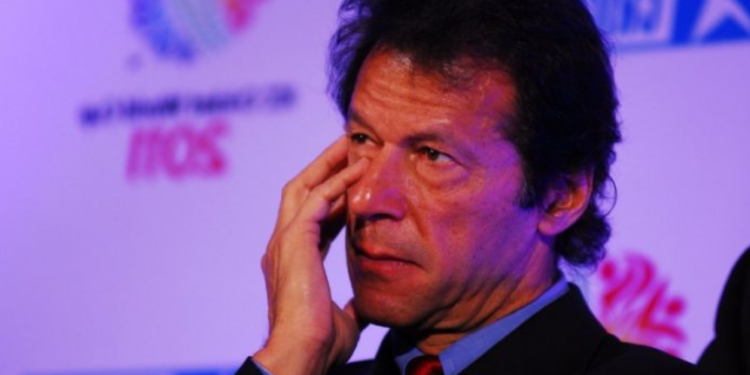In a welcome move, US President Donald Trump has cancelled peace talks with Taliban. He took to Twitter confirming that he had cancelled peace talks with the Taliban after the terrorist group claimed responsibility for an attack in Kabul, Afghanistan that resulted in the death of a US soldier and 11 other people. This has come as a massive setback for Pakistan significantly turning the clock behind for its sinister geopolitical goals.
As far as the subcontinent is concerned, this move must have come as a telling blow to Pakistan. Till now Pakistan had been celebrating the peace deal as a major geopolitical victory. However, with the cancellation of peace talks, Pakistan has lost the strategic asset that it was looking to create out of Taliban. The USA, under Trump administration, is keen to withdraw its troops from the war distraught Afghanistan after reaching a political agreement between the Taliban and Afghanistan government. The decision of striking a peace deal with Taliban was in furtherance of Trump’s “America First” policy. Pakistan on its part was overly keen to facilitate the withdrawal. Pakistan’s Army spokesman Major-General Asif Ghafoor stated that US should leave “as friend of the region, not as a failure.” On the surface, it seemed that both the USA and Pakistan had common intentions for the country. However, that’s anything but the truth. Pakistan’s association with the Taliban and the Islamic republic helping them terrorize Afghanistan is an open secret, one that Pakistan vehemently denies. Afghanistan’s civilian government holds less than 60 per cent of Afghan territory while Taliban has direct or indirect control in almost 40 per cent of the country.
Pakistan’s efforts of creating a strategic asset out of Taliban date back to 2001. Since then Pakistan has been funding and providing safe havens to Taliban fighters. It was only due to Pakistan’s misuse of US aid towards finding terrorism and supporting the Taliban that the US was unable to defeat Taliban militarily- the realisation of which eventually resulted in the souring of US-Pakistan relations. If the US had exited Afghanistan, then it would have helped Pakistan assert substantial control in Afghanistan with Taliban’s increasing involvement in the country’s politics, and in other words, it would open the field for Pakistan and Taliban to wreak havoc in the war torn Afghanistan. Pakistan would have emerged victorious and decades of hardwork and construction carried out by India in Afghanistan would have been rendered largely irrelevant.
The issue at hand was not just about Pakistan’s control over Afghanistan by virtue of Taliban’s increasing authority but also the larger impact that the peace deal would have had on the subcontinent. It is not prudent to believe that an outfit like the Taliban would have honoured the terms of a peace deal. Out of Taliban’s pursuit of establishing a Sharia, Pakistan could have at least theoretically used the Taliban to pursue its nefarious Kashmir deisgns. Pakistan Army and ISI would have come out looking as the biggest winners had a peace deal been struck. It is already clear that Pakistan’s geopolitical interests are centred in Kashmir and Afghanistan. The rogue country has spent decades in trying to somehow gain a strategic advantage in these two regions.
Imran Khan would have believed that by sidelining the civilian government in Afghanistan during the US peace talks with Taliban and emerging as the deal broker, he had made massive inroads into the entire development. After his US visit, Pakistan had been portraying itself as the central player in the negotiations between the US and Taliban. Pakistan firmly believed that after deceiving the US for several years by supporting Taliban and gaining crucial diplomatic leverage on account of its strategic ties with Taliban, its efforts were finally fructifying. However, the cancellation of talks must have come as a bolt from the blue for Pakistan. Pakistan’s narrative about being a central player in the peace talks is now reduced to irrelevant rhetoric.
This year has been rather hard for Pakistan. First, it faced a major setback with respect to the Indian state of Jammu & Kashmir. As the entire world agreed that abrogation of Article 370 is an internal matter of India, the Kashmir issue decisively slipped out of Pakistan’s hands. Pakistan Army and ISI would have taken heart from the hype around peace negotiations between the US and Taliban. But now even Pakistan’s geopolitical interests in Pakistan also stand comprehensively defeated. Amidst its monumental failures with reference to Kashmir and Afghanistan, Pakistan is also battling an economy which is at the cusp of bankruptcy and virtual breakdown. Gaining influence in Afghanistan’s internal affairs was the last thing Imran Khan could have boasted about and now even that has gone out of his hands.



























